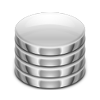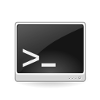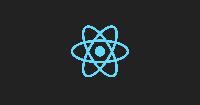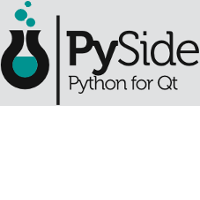Lektor is a flexible and powerful static content management system for building complex and beautiful websites out of flat files — for people who do not want to make a compromise between a CMS and a static blog engine.
Lektor learned from the huge range of static file generators like Jekyll, Pelican, Hugo, Middleman and many more about the value of generating a completely static website. This means that unlike WordPress or similar solutions it does not run on a server, but your local computer (or a build server), and generates static HTML that can be uploaded to any web server or content distribution platform like S3 with CloudFront.
Lektor takes from content management systems like WordPress and provides a flexible browser-based admin interface from which you can edit your website's contents. Unlike traditional CMS solutions, however, it runs entirely on your own computer.
Lastly, Lektor learns from experience in writing web frameworks. Lektor is much more than a website generator because it is based on a very flexible internal flat file database which can be used to model any website content. Unlike static blog generators which are based on some markdown content and “front matter” metadata Lektor's content is 100% configurable.
If you have ever used a web framework like Django or Ruby on Rails you might feel right at home in how you can model and query your data.











